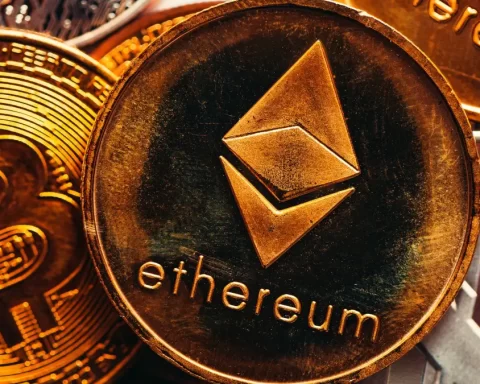The Indian Supreme Court has rejected a Public Interest Litigation (PIL) that sought to establish regulations and guidelines for cryptocurrency trading in the country.
The bench, led by the Chief Justice of India (CJI), dismissed the plea, stating that the petitioner’s demands were more in the realm of legislation rather than judicial intervention.
Justices JD Pardiwala and Manoj Misra were also part of the bench that reached this decision.
The court emphasized that although the petitioner had filed a PIL requesting cryptocurrency regulations, the real underlying objective was to secure bail for himself.
The petitioner, Manu Prashant Wig, is currently in custody of the Delhi Police in connection with a cryptocurrency-related case.
The Economic Offence Wing (EOW) of the Delhi Police had filed a case against Wig in 2020, accusing him of luring individuals into investing in cryptocurrencies with promises of high returns.
Wig had served as a director at Blue Fox Motion Picture Limited and had encouraged people to invest, but this resulted in numerous victims reporting the fraud to the EOW in Delhi.
In total, 133 investors who had placed their funds with Wig filed a case, alleging that they had been deceived.
In his attempt to secure release from judicial custody, Manu Prashant filed a PIL seeking cryptocurrency trading regulations and a framework in India.
READ MORE: Nigeria and Raspberry Pi Foundation Collaborate to Launch Code Clubs
Despite the Supreme Court’s rejection of the PIL, it allowed the petitioner, who is currently incarcerated, to pursue legal remedies and approach other relevant authorities.
During the court hearing, CJI Chandrachud advised the petitioner to seek bail from a different court.
The court expressed reservations about addressing demands for cryptocurrency trading regulations, as it believed such matters fell within the legislative domain.
The court also pointed out its inability to issue directives under Article 32 of the Indian Constitution.
The status of cryptocurrency trading in India remains uncertain due to the absence of standardized rules, guidelines, or specific frameworks for handling cryptocurrencies.
India is reportedly in the process of developing a cryptocurrency regulatory framework, drawing from joint recommendations by the International Monetary Fund (IMF) and the Financial Stability Board (FSB).
This framework is expected to materialize as legal legislation in the next five to six months, as reported by Cointelegraph.
Discover the Crypto Intelligence Blockchain Council




